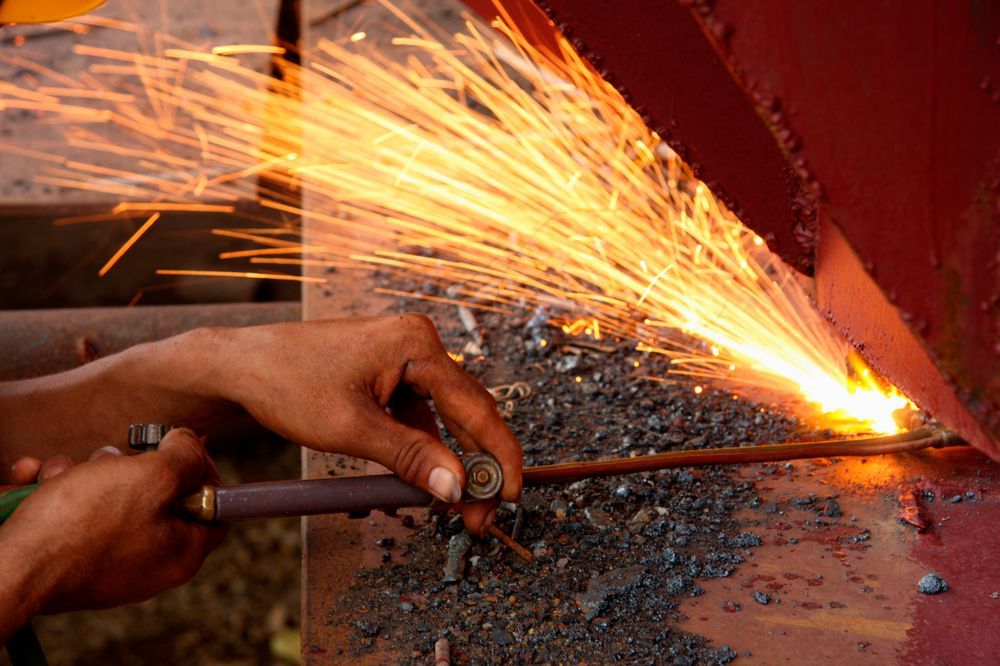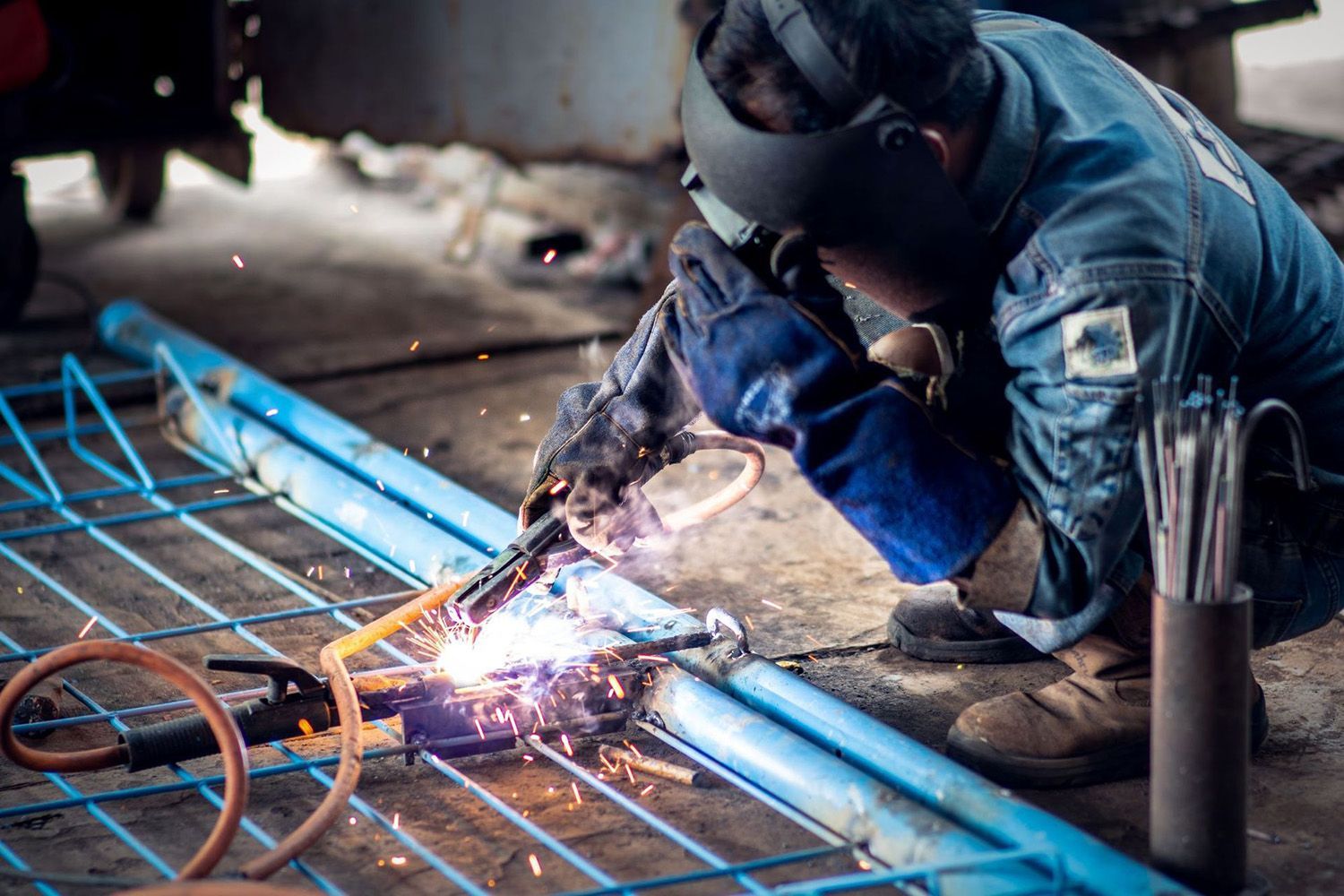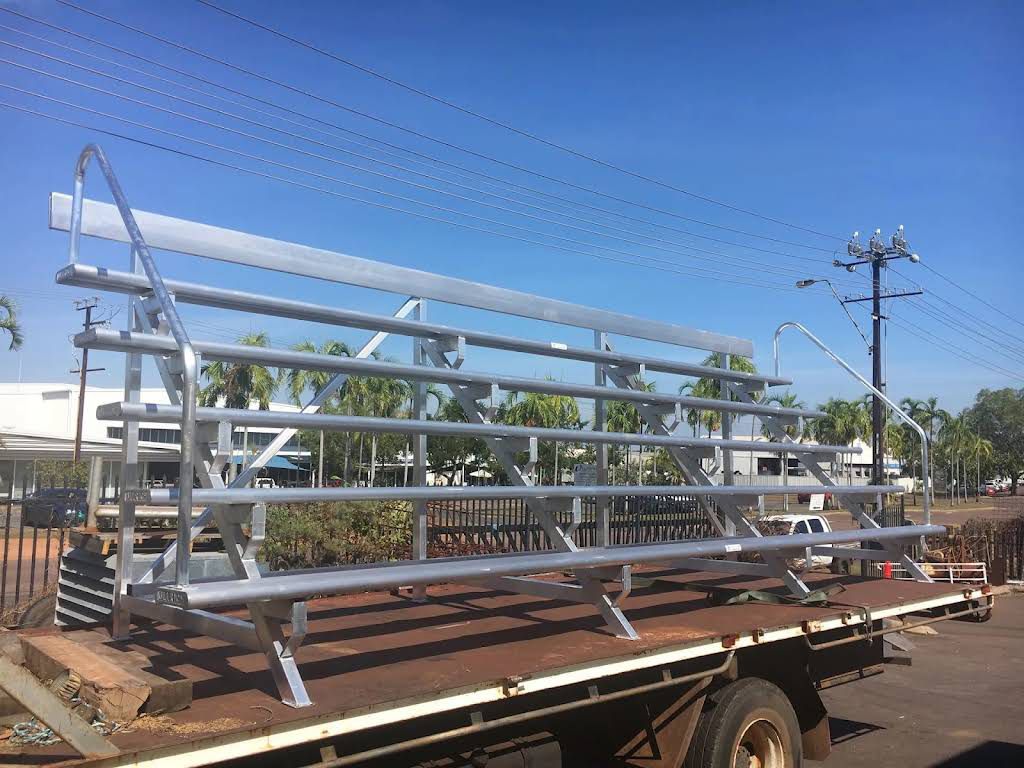Cost Of Welding Services In Darwin: What Affects The Price?
When you start planning a welding job—whether it’s a simple gate repair or a complex structural fabrication—it’s natural to wonder why quotes can vary so much. Especially in a location where climate, site conditions and accessibility all play a role, welding costs aren’t one-size-fits-all. From the materials used to the method of welding, and even the remoteness of the job site, every detail influences the final price.
In this blog, we’ll break down the main factors that affect Darwin welding service costs, helping you understand what goes into a quote and how to compare providers.

How Different Materials Impact Welding Costs
The material you choose to have welded plays a central role in determining the final cost of the job. Different metals have varying procurement costs, require different welding techniques and consumables, and may necessitate distinct finishing or protection treatments.
- Mild steel is generally the easiest to source and weld, so it tends to cost less compared to exotic metals.
- Stainless steel or special alloys require corrosion-resistant filler rods or shielding gases, which add to material cost and tend to increase labour time.
- Aluminium is lighter but often requires specialised welding methods and equipment, increasing costs.
- Consumables and any protective coatings add further cost.
Why Project Size & Scope Matter for Welding Quotes
Another major driver of cost is the overall size and scope of the job. Whether you’re requesting a simple repair or a comprehensive structural fabrication, the time, resources, and risk involved vary.
- A small repair typically involves fewer labour hours and fewer materials, resulting in a lower cost.
- A large fabrication job involves more material, more set‑up time, welding, finishing and possibly multiple welders or shifts.
- The number of welds, the complexity of assembly, and the setup all influence labour and machine time.
- If access is difficult, then the cost of mobilisation, setup, and safety measures increases.
The Role of Welding Techniques in Pricing
The technique used for a weld, as well as whether the job is structural or aesthetic, also affects the price. More advanced techniques, different finishing requirements or stringent inspection standards escalate time and cost.
- Techniques like TIG welding are slower and more precise than basic stick or MIG welding, hence they cost more.
- If the job requires load-bearing structural welds or needs to meet specific strength/inspection standards, that adds to the cost.
- Aesthetic work may cost more than hidden or purely functional welds.
- On-site welding typically incurs higher costs due to transportation, setup, and environmental considerations.
Labour, Certifications & Trade Qualifications
Labour is perhaps the most significant component of the cost, especially when you factor in skills, qualifications, compliance and risk. Higher‑certified tradespeople come at higher rates, but they also reduce risk and potential re‑work.
- Hourly labour rates vary markedly depending on the welder’s level of certification, the method used, and the complexity of the job.
- If the task is in a regulated environment, welding staff may need special certifications, which increases the cost.
- Labour cost may also include site visits, setup, safety briefings, mobile equipment, and travel time—all of which add overhead.
- In remote or difficult-access situations, labour costs may include travel, accommodation, or extra allowances.
Darwin’s Unique Climate & Location Challenges
The environment around Darwin presents specific challenges that welding providers must account for—and these translate into cost. Recognising these special conditions helps you understand why some quotes may be higher.
- Coastal/salty air: This environment demands corrosion-resistant materials, protective finishes, or extra preparation work to ensure longevity.
- Tropical climate: High humidity and potential storms may require scheduling accommodations or extra preparation.
- Access or remote site: If your site is outside built‑up areas, or has difficult terrain or elevated work, mobilisation and logistics cost more.
- Local market: Labour, material delivery, and allowance for weather delays may all be slightly higher in Darwin than in metropolitan areas.
Fabrication Prep, Finishes & Consumables
Beyond the welding itself, preparation of materials and finishing of welds can add significantly to cost – often overlooked until the invoice arrives.
- Preparation work, including cutting, drilling, punching holes, bending, or shaping the material, takes time and machinery – which is reflected in the quote.
- Consumables: rods, shielding gas, filler metals, coatings, cleaning or grInding – all add material cost and labour time.
- Finishes/coatings: If your welded work requires painting, galvanising, or corrosion protection, this adds cost.
- Waste/scrap and rework: poorly fitted joints or delays can drive up material use and time.
- Inspection and documentation: If the job requires post-weld heat treatment, non-destructive testing, or documentation, these overheads must be factored in.
Compliance, Site Safety & Insurance Overheads
Any work that requires compliance with structural standards, site safety regulations, or involves high risk will include overheads for the provider — and therefore those costs will be included in your quote.
- If the weld is structural or load‑bearing, the provider may need to comply with standards and carry certifications and insurance.
- Site safety: elevated work, scaffolding, confined spaces, or coastal/remote sites often require additional safety measures and equipment, which increase cost.
- Insurance & liability: Welders must cover themselves for accidents or failures, and that cost gets passed on through their overhead.
- Documentation & sign-off: If the job requires external inspection, engineer sign-off, or certification, the time and cost increase.
- Local codes & regulations: Site‑specific regulations can require extra administrative work.
What to Ask for in a Welding Quote in Darwin
To make sure you’re comparing apples with apples when seeking welding services in Darwin, you must ask the right questions and get clear, transparent quotes.
- Request a cost breakdown: material cost, labour hours and rate, consumables, travel/mobilisation, finishing and compliance.
- Confirm materials and technique: specify what metal is to be used, what welding technique, and whether it’s structural or cosmetic.
- Request a site visit/off‑site inspection: A reputable provider will review your site or job to assess access and environmental conditions.
- Ask about certifications/compliance: what standards will the weld meet, what documentation is provided, and who is qualified.
- Ask for references or portfolio: past work in similar local conditions gives insight into reliability and quality.
Looking for Trusted Welding Near You? Let’s Get Started
At AKS Welding & Fabrication, we understand the unique challenges of working in the Top End—from extreme heat and humidity to remote job sites and coastal conditions that demand long-lasting, corrosion-resistant solutions. If you’re ready to get started or just need advice on materials, weld types or project planning, give us a call or get in touch via our contact page.






